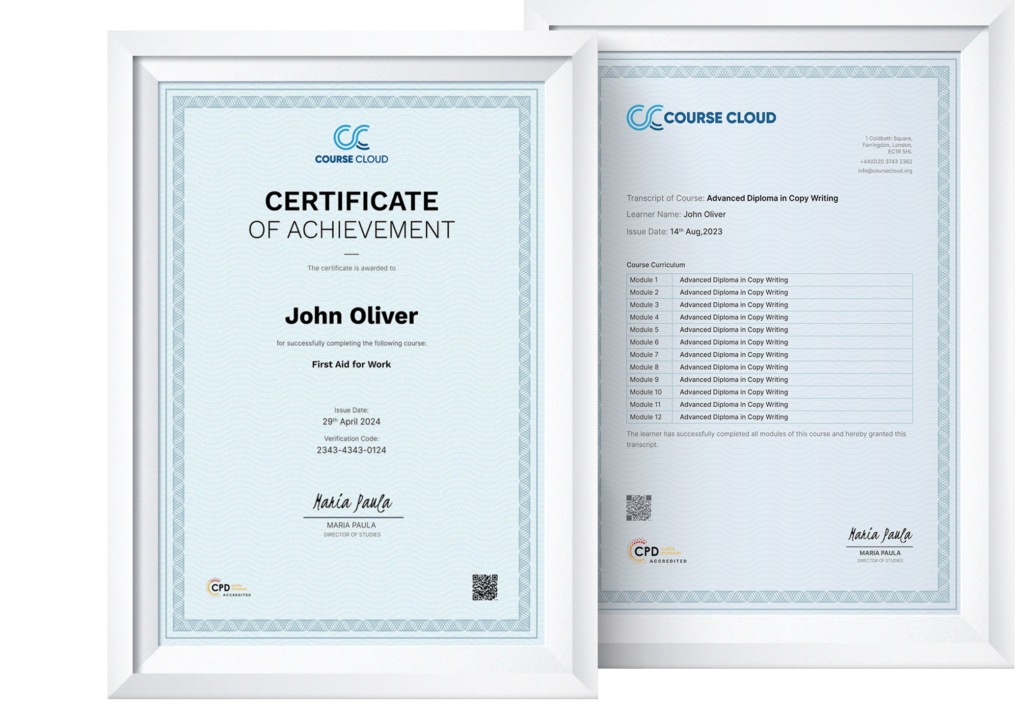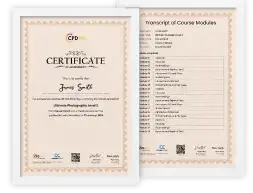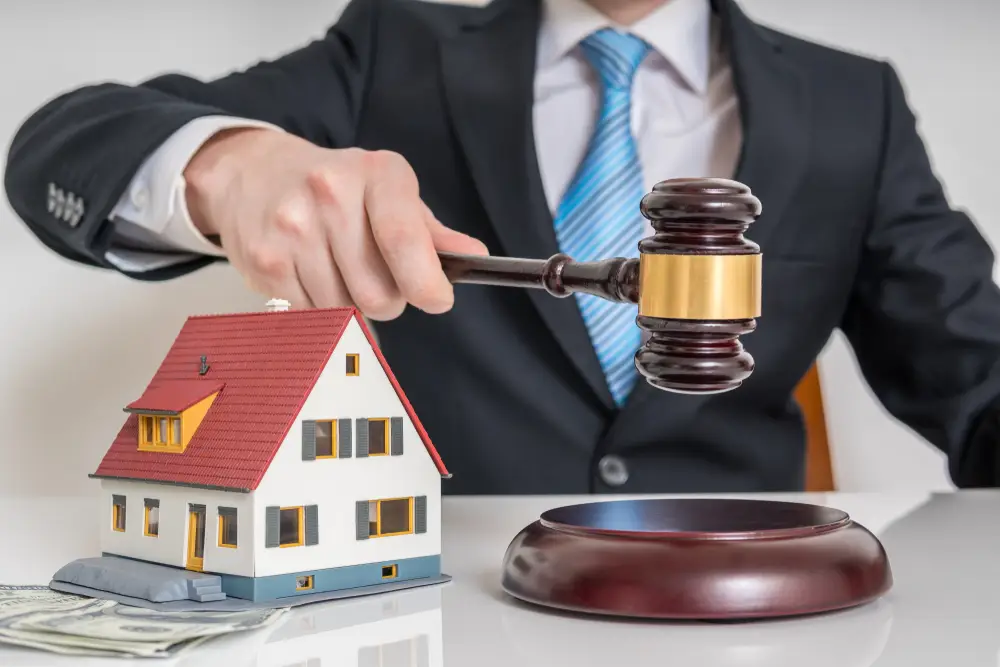Welcome to
Course Cloud
the best place for online learning!
Log In
Sign Up
Don’t have an account yet? Sign Up
Property law Level 2
Property law governs the rights and interests associated with ownership, possession, and use of property. The Property Law Course provides a thorough exploration of legal principles, from land rights to mortgages, leases, and co-ownership.
12 enrolled on this course
( 50% Off Limited Time )

This Course Includes
- 11 Units
- 1 Year Access
- 3 hours, 49 minutes
- Intermediate
- Accredited Certificate






Frequently asked questions
Can’t find the anwser you’re looking for ? Reach out to customer support team.
Basic property law in the UK governs ownership, rights, and interests in land and property. It distinguishes between freehold (complete ownership) and leasehold (time-bound ownership), while also regulating registered and unregistered land, mortgages, and tenancy agreements. Learning platforms like CourseCloud’s Property Law Course can help you understand these principles in-depth.
The seven types of properties typically include: Residential Commercial Industrial Agricultural Mixed-Use Special Purpose (e.g., schools, hospitals) Vacant Land
In a broader sense, the four common properties include residential, commercial, industrial, and land. Each type comes with specific legal and practical considerations.
The six main types of properties often include residential, commercial, industrial, agricultural, public, and mixed-use properties.
Yes, anyone, including UK citizens and foreigners, can own land in the UK. Ownership can be freehold or leasehold, each offering varying degrees of rights.
Yes, foreigners can legally own property in the UK. There are no specific restrictions, but certain financial and tax regulations apply. Programs like CourseCloud’s Property Law Course can clarify these legal frameworks.
The Crown Estate is one of the largest landowners in the UK, followed by private entities such as the Duke of Westminster and the Church of England.
Yes, you can build your own house in the UK, but you need to obtain planning permission and adhere to local building regulations.
Yes, color is considered a physical property because it relates to the appearance and interaction of light with materials.
In real estate, "special properties" might refer to unique or specialized uses, such as museums, zoos, stadiums, or heritage sites. In scientific terms, special properties often include characteristics like density, elasticity, and hardness.
Number 8 properties often refer to cultural or symbolic meanings, such as prosperity and success in some cultures, particularly in real estate.
PEMDAS is a mathematical acronym for Parentheses, Exponents, Multiplication, Division, Addition, Subtraction, indicating the order of operations.
The inverse property in mathematics states that adding a number to its inverse (or opposite) results in zero, e.g., a+(−a)=0a + (-a) = 0a+(−a)=0.
This demonstrates the identity property of addition, where adding zero to a number leaves the number unchanged.
Large portions of central London are owned by entities like the Crown Estate, the Duke of Westminster’s Grosvenor Estate, and other historical aristocratic families.
Globally, the Queen of England (via the Crown Estate) and governments own vast amounts of land. In the UK, large private estates also hold significant portions.
The UK is run under a constitutional monarchy, with King Charles III as the head of state and the Prime Minister leading the government.



 Get Accredited Certificate
Get Accredited Certificate



 ALL COURSES FOR
£49
ALL COURSES FOR
£49

